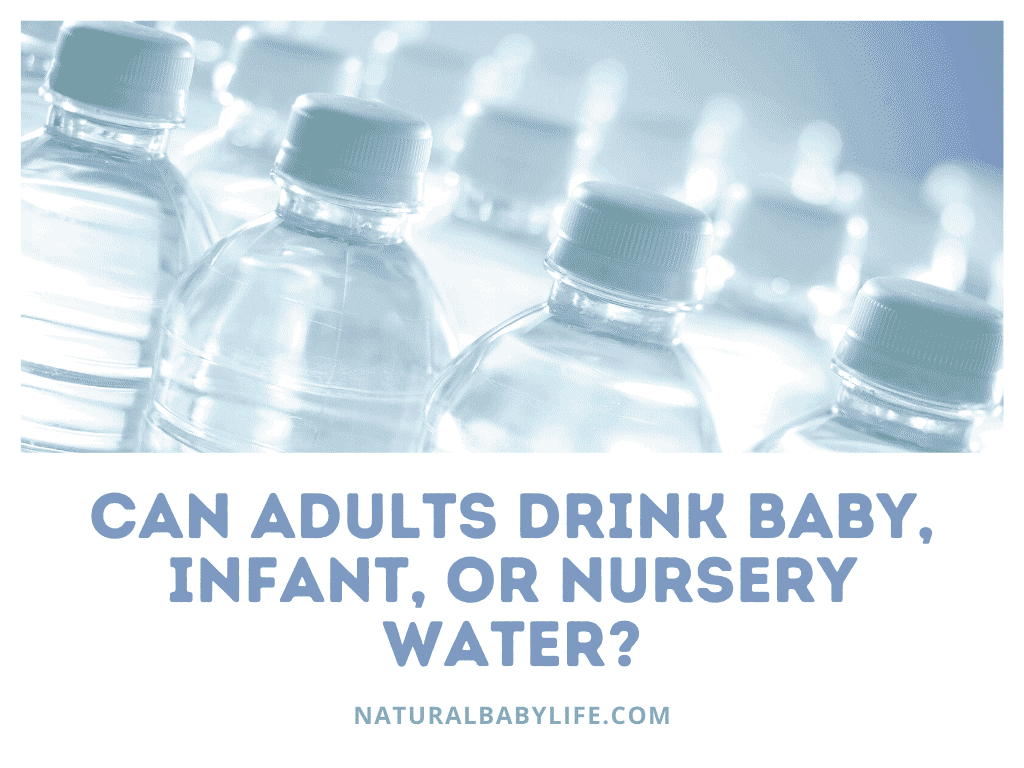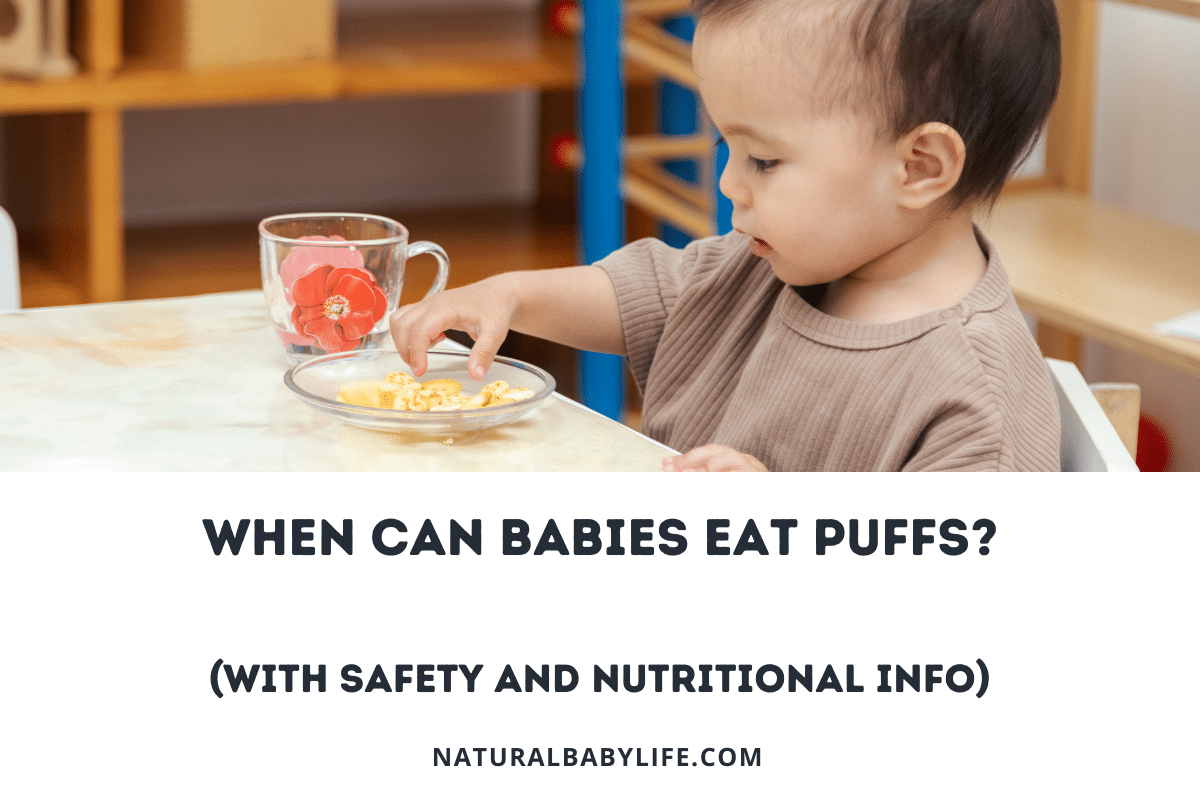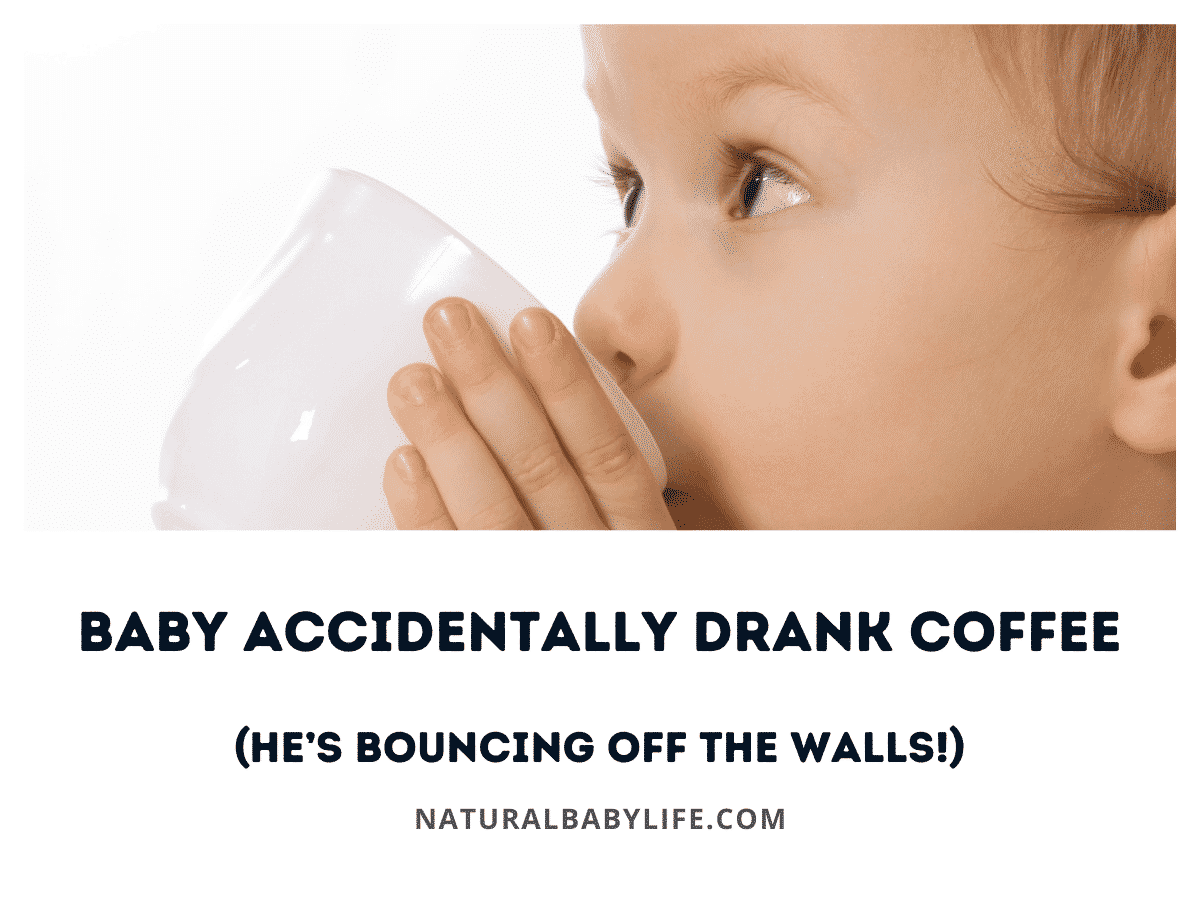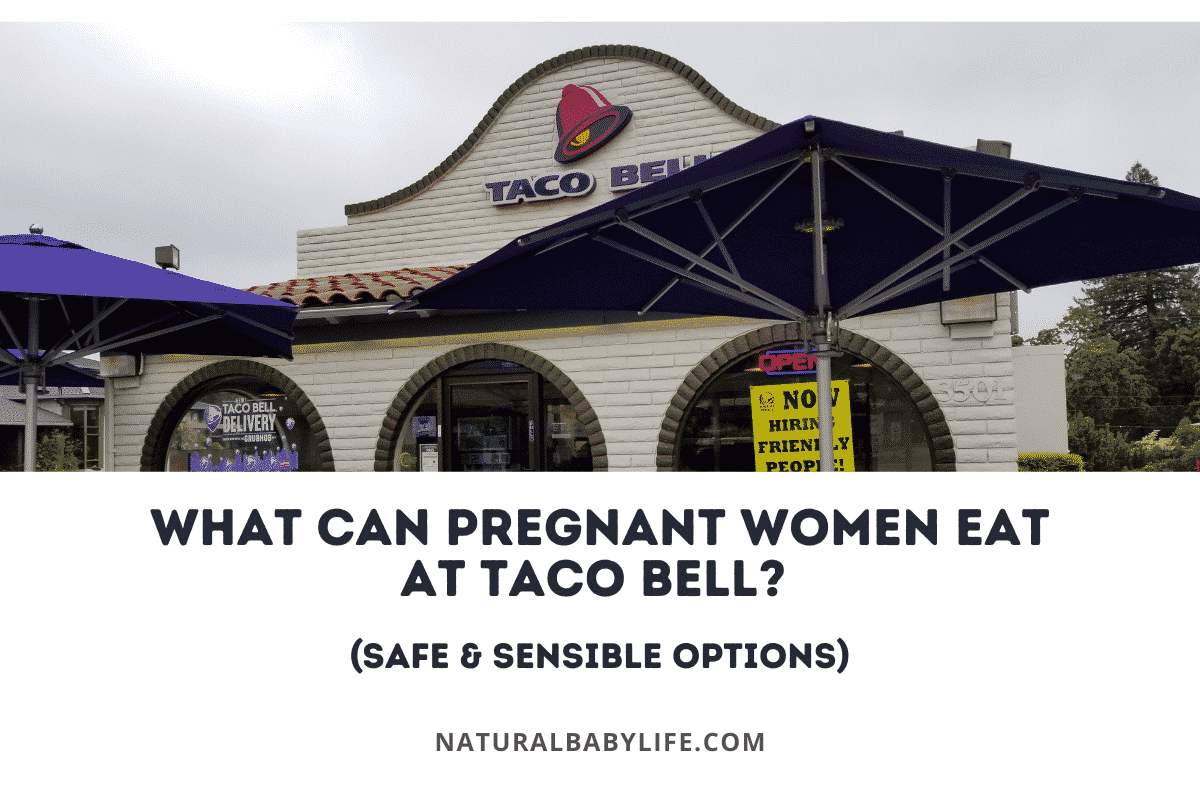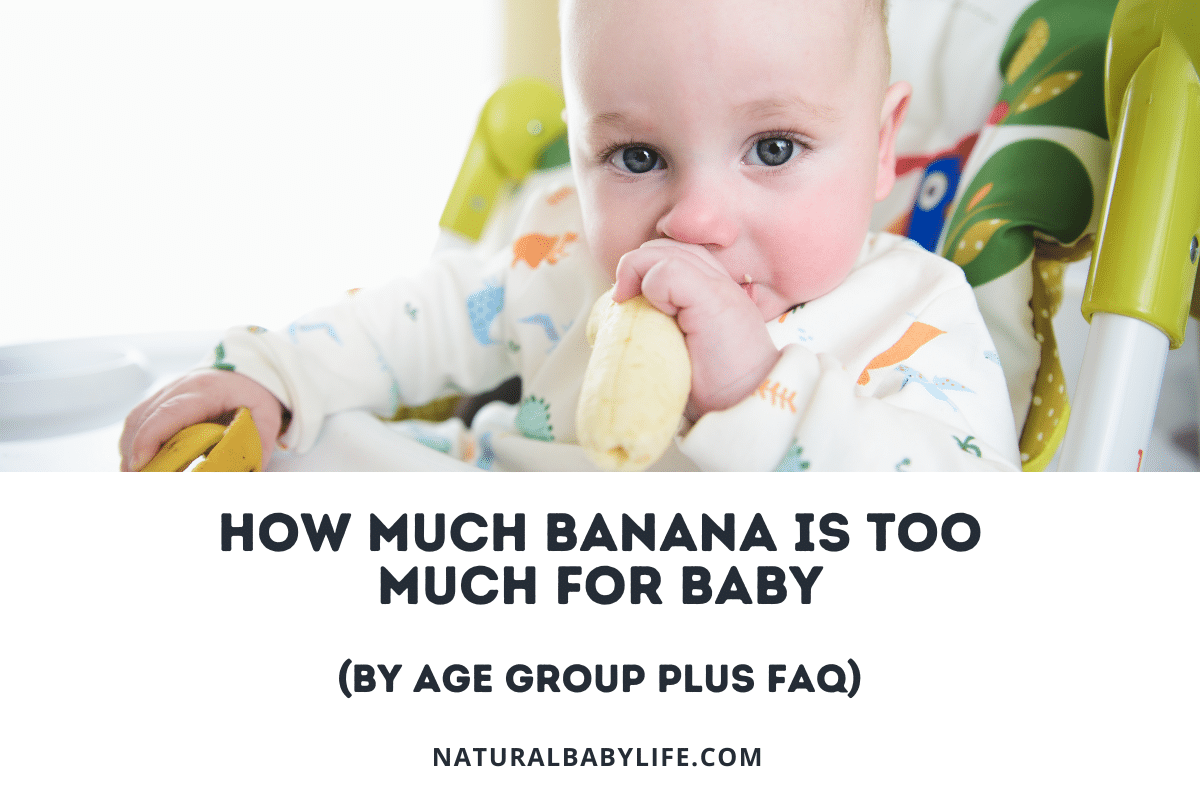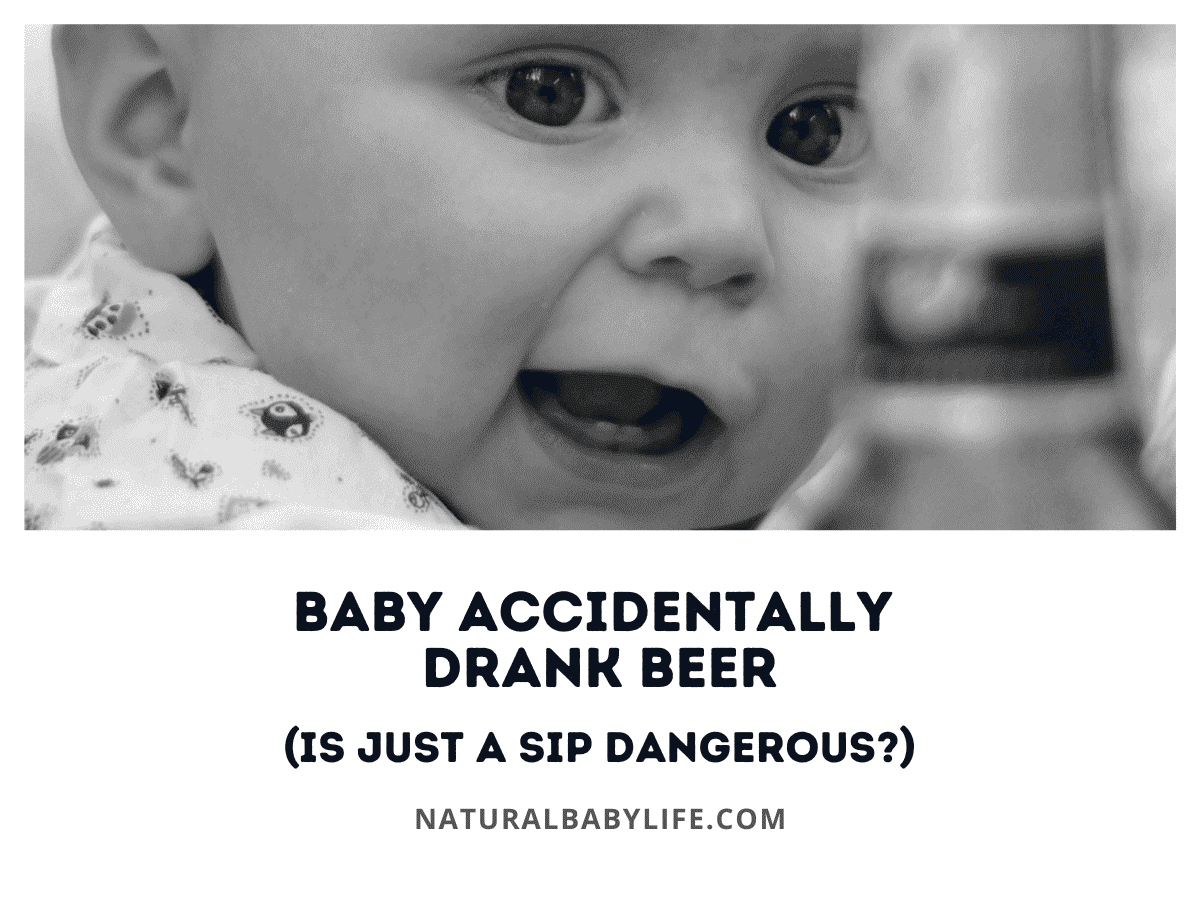Although it’s recommended when mixing baby formula, some adults might wonder if they could drink infant, nursery, or baby water by itself. With that in mind, I thought it would be a good idea to explore the differences in these waters and whether or not they are safe for adults.
Since baby water is essentially just distilled water, sometimes with fluoride or other minerals added, adults can drink baby, infant, or nursery water without any issues. Because most minerals have been removed, distilled waters such as baby or infant water will normally taste worse than regular bottled waters, in general.
If you want to know more about the differences between bottled, tap, and baby water, keep reading for some helpful information.
Table of Contents
What is Baby, Infant, and Nursery Water?
Baby, infant, and nursery water is really just fancy distilled water. Sometimes, it will have fluoride added to it. Generally, this kind of water is used when you can’t trust the quality of your tap water when mixing baby formula or preparing meals.
To prevent confusion, let’s check out all of the different kinds of water available. Did you know that there are actually a few different types of water?
- Filtered Water – Filtered water is very similar to your tap water. The only thing you are paying for is the bottle that the water comes in. The water they bottle up has actually been run through a local water treatment center and run through carbon filters. This is just like what your water does in your home.
- Purified Water – The closest thing you are going to get to plain dihydrogen monoxide is purified water. Almost everything is pulled out of the water using various steps such as distillation, deionization, and reverse osmosis.
- Mineral Water – Mineral water is for those who are looking to add some extra minerals to their diet. It contains dissolved iron, magnesium, calcium, potassium, etc. A lot of times you will find it in a sparkling version. It generally isn’t processed by a treatment facility and comes right from underground sources.
- Spring Water – Spring water is similar to tap water. The only difference is that the companies will filter out the chlorine. The 100% pure lingo just means that it comes from a single source rather than surface water.
Is Nursery Water the Same as Distilled Water?
For the most part nursery water is the same as distilled water. Nursery water is typically distilled using steam to purify the water using condensation and evaporation. Distilled water is purified water, but not all purified water is distilled.
Nursery water contains purified water, select minerals such as potassium bicarbonate, calcium chloride, magnesium chloride, and sodium fluoride. The mineral amounts in nursery water aren’t nutritionally significant.
If you choose to use bottled water, you should look for water that is labeled as the following:
- Purified
- Deionized
- Demineralized
- Distilled
- Prepared by reverse osmosis
- Low-fluoride
Any water that is purchased in the U.S. must meet the FDA standards of water quality.
What is fluoride and why is it added to nursery water?
Fluoride is a mineral that helps prevent cavities by strengthening their enamel. Sure, your baby may not have teeth yet, but they will soon. For over 70-years, fluoride has been added to municipal water sources and it is generally regarded as safe and healthy.
You can check to see if fluoride is in your local water source by entering your zip code here.
Do we want fluoride in our water?
A lot of the nursery water that is on the shelves will contain fluoride. The American Dental Association has been known to issue concerns regarding the use of nursery water that contains large amounts of fluoride. However, there are safe levels that can be used. The optimal level of fluoride is 0.7 parts per million.
Additionally, there may contain fluoride in your municipal water. You should check the levels before giving the water to your child whether as a drink or in their formula.
If you choose to use fluoride nursery water, you should keep these things in mind:
- Fluorosis – Fluorosis is what happens when a child has too much fluoride in their diet before they are 8-years-old. It will leave lasting white spots on their teeth. It may only be cosmetic, but if it’s something you worry about, don’t use the nursery water with fluoride.
- Well Water – If you don’t want to give your child fluoride, i.e. not using the nursery water, you can use your well water if it’s safe enough to use. Well water may contain minerals such as iron or nitrates and these cannot be boiled off as some may think as boiling only removes things that can vaporize and kills bacteria. However, boiling well water will not distill it. In fact, it may only make the concentration of minerals even higher.
Additionally, too much lead can be harmful to your child’s development. Lead can be found in well water and can be picked up through the lead pipes that your home may have.
Is it Safe for Adults to Drink Baby, Infant, or Nursery Water?
Adults can drink the baby, infant, or nursery water and it is completely safe to do so – in fact, adults can even drink formula!. Since the distillation process removes all of the flavorful minerals in natural water, however, it won’t taste too great.
There are some pros and cons to drinking the distilled nursery water:
Pros
- Depending on your location, distilled water may be better for you than your tap water. Town water can be tainted with harmful pesticides and chemicals.
Cons
- You won’t get the minerals, such as calcium and magnesium, that you would get from tap water.
- Drinking distilled water will pull small amounts of minerals from your body, including your teeth. This is because the water doesn’t contain its own minerals.
Can I Drink Nursery Water While Pregnant?
It is not recommended that expectant mothers drink nursery water. This is because they won’t get the minerals needed like nitrates and fluoride, that is unless you get nursery water with fluoride. Even then, it’s not recommended and will do more harm than good.
Rather, you should drink purified water instead. It’s cheaper and it can help ensure you stay hydrated. Additionally, purified water can help with body aches and other pregnancy-related problems, such as dehydration.
It can also keep urinary tract infections away and it will provide the amniotic fluid with the proper substances needed with the proper consistency. It can also aid in the baby’s muscle, cell, blood, and brain development.
Do You Have to Refrigerate Nursery Water?
Most containers of nursery water will recommend that you refrigerate after opening.

